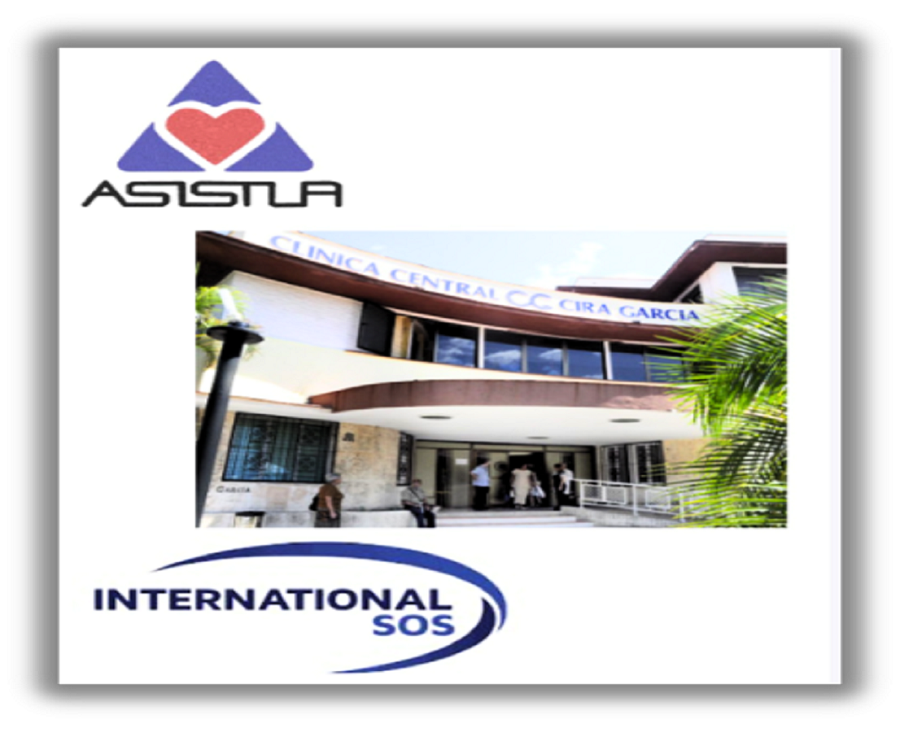Health and Safety

Health Insurance
Health insurance is an essential component of overall healthcare as it provides financial protection and peace of mind in case of medical emergencies. It also guarantees access to medical facilities and professionals, which is critical when studying in unfamiliar countries where healthcare systems may operate differently.
While in Cuba, Asistur is a required health insurance provider(s) for visa purposes and so that all students have the same access to health care services while in Cuba. This local health insurance is included in the program fee and comes at no additional cost to the student. It covers emergency treatment only for occurrences during your stay in Cuba. All other medical treatments will have to be paid for and then ask for reimbursement by your regular health insurance.
International SOS is included in the program fee and comes at no additional cost to the student.
Disability Accommodations
CASA Cuba aims to provide an inclusive and successful educational experience for all students. It is important to note that since levels of accessibility and availability of disability services differ from country to country, planning ahead for your study abroad experience is essential.
While you are not required to inform program staff of a disability and/or medical condition, it is strongly encouraged as many accommodations require early planning, and we are not able to guarantee that all accommodations can be met onsite.
As such, any requests for accommodations that are made as early as possible will enable us to better assist. You should inquire further about specific accommodations procedures with program staff.
Emergencies
Be sure to check in with your home school and program staff regarding the appropriate steps to follow and who to contact in case of an emergency. Emergency contact information and additional protocols are reviewed with you during pre-departure and onsite orientation.
International SOS is equipped to facilitate evacuation, whether for medical, environmental, infrastrutural, political, or other reasons.











